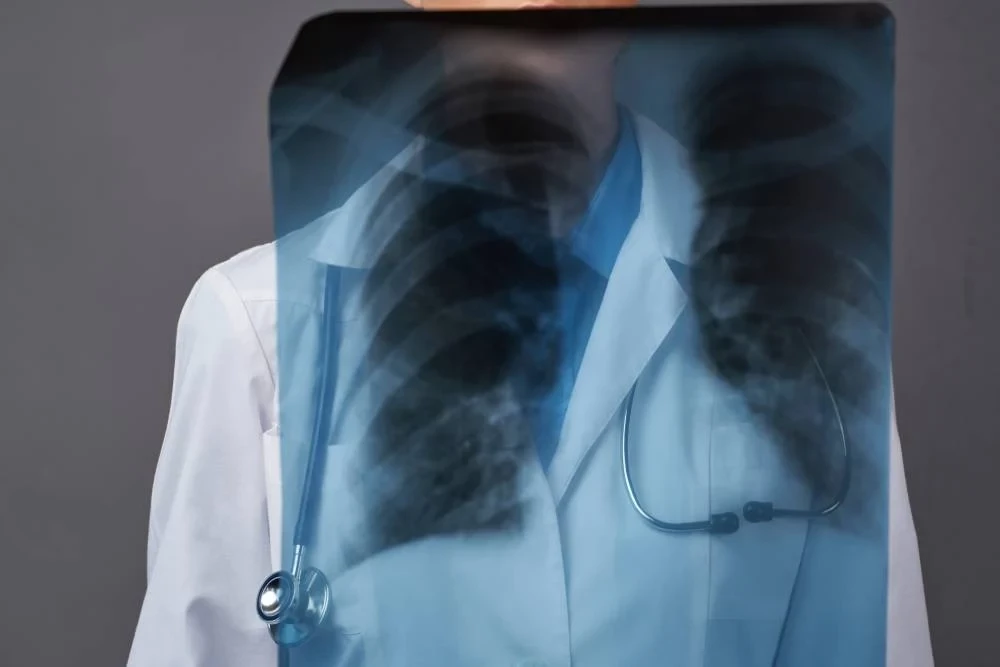French aid group Doctors Without Borders urged US pharmaceutical giant Johnson & Johnson on Wednesday to not enforce its patents for its tuberculosis drug in countries with a high burden of the disease.
J&J's 20-year primary patent for bedaquiline expired in most countries including India on Tuesday, but the company still holds "secondary" patents in at least 34 of the 49 countries most hit by tuberculosis.
When patents expire at 20 years, generic version of a drug can be manufactured.
But pharmaceutical companies can create "secondary" patents by changing the active ingredient of the drug.
Doctors Without Borders (MSF) urged J&J to "publicly announce it will not enforce any 'secondary' patents for the drug in any country with a high burden of TB".
It also called on the company to "withdraw and abandon all pending secondary patent applications for this critical drug everywhere".
In addition, MSF wants a commitment from J&J to "not take any legal action against any generic manufacturer that exports generic versions of bedaquiline to or from TB high-burden countries where secondary patents on the drug exist".
The United Nations is holding a summit on tuberculosis in New York in September.
Last week, J&J and the UN-linked Stop TB Partnership announced an agreement enabling the Global Drug Facility programme to tender, procure, and supply generic versions of bedaqualine for the majority of low- and middle-income countries.
MSF, however, said the deal "offers only a partial solution to the access problem" because it "excludes many countries that have a high burden of people living with TB, primarily in Eastern Europe and Central Asia".


